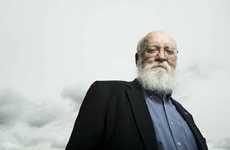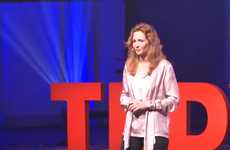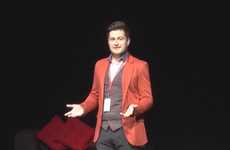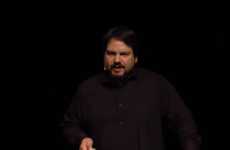
Daniel Dennett Keynotes
The collection of keynotes by Daniel Dennett are focused on evolutionary biology and cognitive...

Need Inspiration?
Get inspired by 4,000+ keynote speaker videos & our founder, a top keynote speaker on innovation.
Daniel Dennett's Cognitive Talk Explores How the Brain Retains Info
M — January 6, 2015 — Keynote Trends
References: youtube
Daniel Dennett's cognitive talk explores one of the most interesting parts of the body, the brain. One of the greatest mysteries of the brain is how it stores beliefs. According to Dennett, beliefs are one example of how the brain retains information on a daily basis.
The first point Dennett makes is that beliefs are never isolated affairs, rather, they are grounded in a chain of other beliefs forming an interconnected web. To prove that this system is reliant on itself, Dennett presents a hypothetical situation where a surgeon goes in and hardwires a person's brain to make them believe that they have brother living in Cleveland. However, when that person is asked after the sugery if they have any siblings and they say, "Yes, a brother in Cleveland" the mind would immediately collapse in on this programmed belief because it is unsupported by other beliefs -- ie. the brother's name. This is an interesting way to understand that one belief cannot stand alone but is more like a word reliant on other words in a sentence. "We have a big library of sentences," Dennett says, "those are our beliefs."
The first point Dennett makes is that beliefs are never isolated affairs, rather, they are grounded in a chain of other beliefs forming an interconnected web. To prove that this system is reliant on itself, Dennett presents a hypothetical situation where a surgeon goes in and hardwires a person's brain to make them believe that they have brother living in Cleveland. However, when that person is asked after the sugery if they have any siblings and they say, "Yes, a brother in Cleveland" the mind would immediately collapse in on this programmed belief because it is unsupported by other beliefs -- ie. the brother's name. This is an interesting way to understand that one belief cannot stand alone but is more like a word reliant on other words in a sentence. "We have a big library of sentences," Dennett says, "those are our beliefs."
0.6
Score
Popularity
Activity
Freshness

















